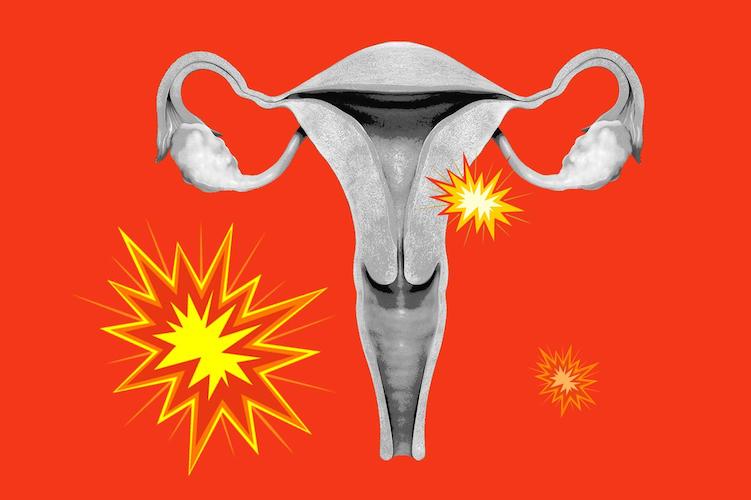Cell Membranes
Molecular Biologist Richard Henderson on the lipid bilayer, mitochondria, and the evolution of organisms

In September Scientific Reports published an article called “Elephants born in the high stress season have faster reproductive ageing.” We asked one of the authors, Dr Hannah Mumby from the University of Sheffield, to comment on this study.
My recent research shows that if we follow female elephants through their lives, the pattern of reproduction is quite similar until they reach the peak at around 24 years. At that point elephants born in the early monsoon or “high stress” months have higher likelihood of giving birth. But with age, it declines more rapidly and the “high stress”-born elephants have a lower age at last sighting (when they die or the age they are at the end of the study), so it seems they end up with fewer babies overall, despite the higher peak. Interestingly, there are no high-stress born elephants reproducing aged over 50. This doesn’t surprise me because in an earlier study I found that they had reduced survival in their infancy, so a different pattern of reproduction might not be the only difference in these elephants.

The work I’ve done uses a very interesting population of elephants, those working in the timber industry in Myanmar. The country still has a large working elephant population (around 2,700 elephants) as well as 1,500-5,000 wild elephants. With regards to all captive elephants, records have been kept of them since the British colonization in the 1890’s, meaning there are data on around 10,000 elephants covering up to five generations. The elephants in question work mainly dragging or pushing logs. It’s clear that the elephants have better survival and reproductive rates than their cousins living in zoos. I think this might be linked to the fact they are have tightly regulated working hours, they have contact with only a few humans, they’re released into the forest at night allowing them to interact with other elephants, and are able to meet and mate with wild elephants when they were released.
My results show that seasonal variation is very important in this population. I know we think elephants are sturdy, but it seems to me they’re also very sensitive! I’ve done earlier work that indicates that although elephants can reproduce throughout the year, there are fewer births in the early monsoon months (June to August)1. I found this puzzling because I assumed forage conditions might be best for elephants at this time of year, and I’d also found that intermediate temperatures and high rainfall were linked to highest likelihood of elephants surviving each month. When I monitored markers of a hormone called cortisol, that is associated with stress-response, in elephants throughout the year, I found that levels of this might also peak in the early monsoon months. It’s very interesting that all the variables are so related. Other researchers have also found evidence for seasonal variation in reproduction in elephants in Sri Lanka.
For over 20 years the idea that early life conditions can affect your later life has been important in science. And there’s an increasing body of evidence suggesting that early life conditions affect human health and mortality. In humans, reproductive senescence is characterized by menopause, so women are unable to reproduce into very old ages. Elephants are a very interesting example, because not only can we see them senesce over many decades, they seem to have a gradual decline in reproduction, rather than the brick wall of menopause, so we can look and individual variation in that decline.
In the next years this work will have implications for both basic and applied work. We’re hoping to look at the male side of reproduction, something that we haven’t been able to investigate yet because of unknown paternity. We’ll also investigate how individual health varies over a lifetime and markers of ageing in the elephants. Hopefully this will give us an even clearer picture of how such a long-lived and slowly reproducing animal works and a great comparative point for other species. In addition, understanding how seasonal variation affects the elephants means there is the potential for intervention, for example by supplementing them with food are important for management. And some of these ideas could translate to other captive populations, such as those involved in tourism or kept in zoos, and remind us that elephants are sensitive to their environment, possibly over many years.

Molecular Biologist Richard Henderson on the lipid bilayer, mitochondria, and the evolution of organisms

Geneticist Steve Jones on the history of genetics, protein diversity, and why every person is truly unique

The speed of reproductive ageing of female elephants seems to depend on the season in which they were born